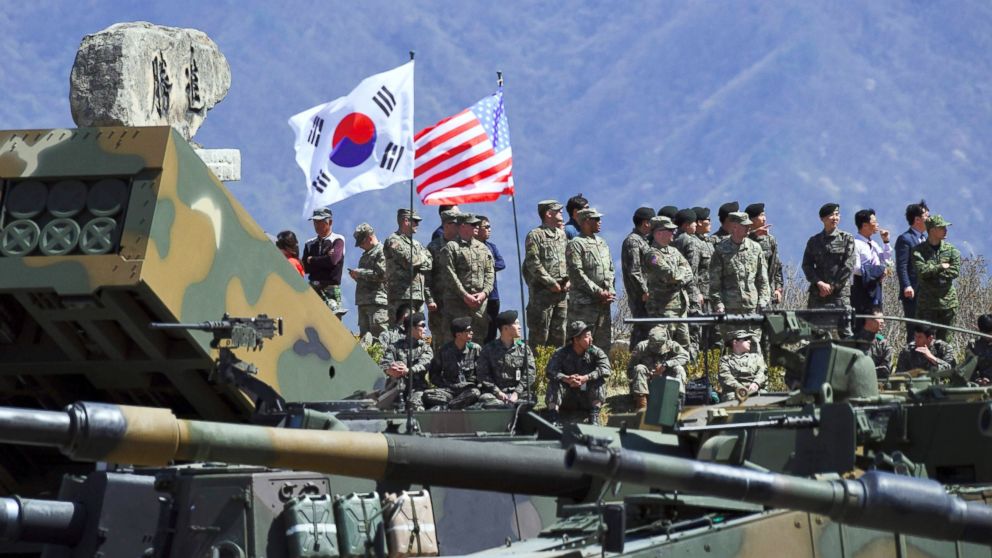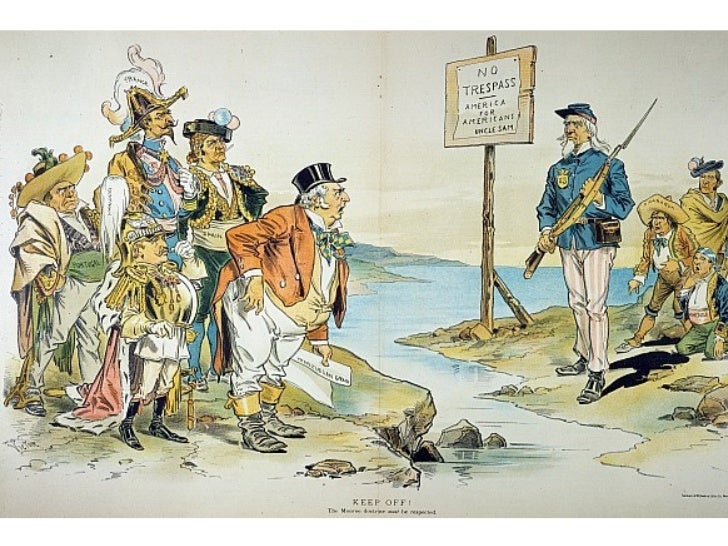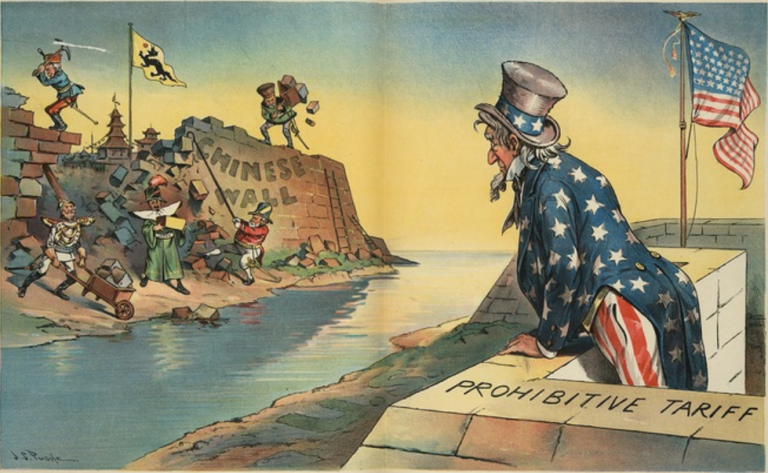
US Imperial Policy in Korea:
July 9 Webinar
Simone Chun / Korea Collaboration & Institute for the Critical Study of Society
(July 8, 2023) — I’ll update our recent webinars on Korea during my talk tomorrow about “US Imperial Policy in Korea.” We will be reviewing radical critiques on the 70 years of Korea’s neo-colonial relationship with the United States.
“US Imperial Policy in Korea,”
July 9, 2023 @ 10:30 am Pacific Time
Here Is the Zoom link: https://us02web.zoom.us/j/81133350622?pwd=dUUyUWppbWt6djVTaElISUhocXpSUT09

Outline: How to Free Korea From Its
Neo-colonial Relationship with the US?
Can there be peace in Korea when the US is at a virtual war with China? When South Korea’s military is not only controlled by the US but also subordinated into a trilateral US-Japan-South Korea military alliance against China?
When the United States, under its new Cold War against China, not only imposes sanctions against the North but hobbles the economy of the South by raising the cost of its crucial trade relations with China?
My talk will show that South Korea’s far-right president Yoon has systematically capitulated to Washington’s anti-China agenda against the wishes of the majority of South Koreans, and at great cost and risk to the nation.
The recently-minted Washington Declaration flaunts South Korean national interest and public opinion by forcing the nation into the front lines of Washington’s aggressive militaristic push into East Asia, increasing the threat of global war and thereby making this a matter not only for Koreans, but also for the American public.
I will argue that the greatest threat to peace and stability in northeast Asia is the US imperialistic quest and military encirclement of China. The US peace movement, therefore, must oppose US imperial policy as a focal point of its struggle, and join its voice with the South Korean public as they campaign to regain their sovereignty and independence.

- 70th anniversary of the armistice on the Korean Peninsula = 70 years of US imperial policy in Korea
- The ongoing Korean War inaugurated the Cold War and put imperialism at the center of US foreign policy in East Asia
Current situation and background
- The origins: Japanese and US imperialism in Korea
- Bruce Cumings “America divided – then came war”
“If the US military government and Washington had not intervened according to the US’ hegemonic strategy, excessively taking one side in South Korea, the tragedy of Korea’s division would not have come to pass.”
- Tim Beal and Gregory Elich“Introduction of the New Edition of I.F. Stone’s `The Hidden History of the Korean War’”
“The eruption of full-scale war on the Korean Peninsula presented an opportunity to advance US geopolitical interests and those of key Asian clients. Stone situates the US role in the Korean War in the context of the global Cold War, in which it can only be fully understood….
In general, the United States rejected the trappings of traditional colonialism — its flag flew over US bases rather than governor’s palaces — but in essence the prevailing tendency was to supplant European and Japanese colonialism and replace it with US dominance. However, since the United States could not admit, especially to itself, that it was an imperial power, anticolonialism had to be reconfigured as enemy expansionism.”
- Three Characteristics of the Post-WWII Variant of US imperialism
(1) American military bases in lieu of direct political control
(2) Reliance on unequal alliances with vassal states
(3) A permanent state of war and war economy with military industrial complex at the apex
- K.J. Noh
“Can we achieve any positive outcomes in diplomacy, peace, and reunification when the US is still violating the original conditions of the military armistice between North Korea and the United States, and when South Korea does not have sovereign control over its own military, meaning its military is simply an appendage of US force projection and geopolitical design? Additionally, the US clearly has an interest in containing, militarizing, and escalating towards kinetic war.” - Noam Chomsky
“The United States is developing an attack on, not impending, but already underway, on China. The military dimension includes expanding NATO, but concretely, in official terminology, I’ll just quote the official terminology, “encircling China with a ring of Sentinel States,” including South Korea, leading all the way to Japan and Australia, that are heavily armed with US advanced precision weapons aimed at China.
A war with China would mean the end of humanity. A couple of people might survive… we’ve got to stop this and shift dramatically from confrontation to accommodation at every level, whether it’s North and South Korea, the US and China, or Europe and Russia… Washington’s new Cold War is a severe threat against South Korea because South Korea is right in the middle of it…
The United States wants to turn… South Korea into permanent military bases…the troops must be available to operate anywhere, which puts South Korea on the front line…. South Korea is an occupied country…”
- Freeing Korea from its neo-colonial relationship with the United States
- C.H. Kim, South Korean National Liberation activist (Chun’s personal interview)
“The progressive party in Korea has another duty which progressive parties in other countries do not have, that is, working toward the unification of divided Korea. A divided Korea represents a particular responsibility for the progressive movement here.
The progressive party in Korea has another duty which progressive parties in other countries do not have, that is, working toward the unification of divided Korea…
The progressive party in a divided Korea cannot limit itself simply to representing the people who are excluded from political and economic power…A political party represents a strategic tool for freeing Korea from its neo-colonial relationship with the United States. The supreme objective of the party is unification.
All our efforts (e.g., the student movement, labor movement, penetration into the local community, and creation of political party) are carefully planned and are subordinated to the goal of unification and anti-imperialism.”
The Zoom link: CLICK HERE
